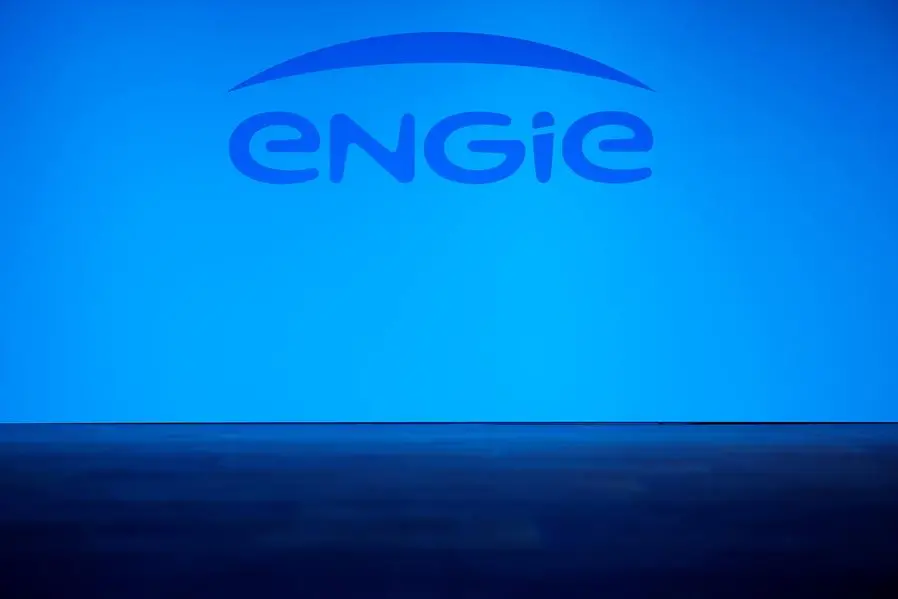PHOTO
PARIS - French energy company Engie said on Friday first-quarter earnings fell 3.2% as a warmer than usual winter depressed demand for natural gas and price volatility eased, outweighing higher hydropower output.
The company, which makes most of its income from producing, transporting and selling gas and electricity, said earnings before interest and tax (EBIT), excluding nuclear, totalled 3.7 billion euros ($4.02 billion), versus 3.8 billion euros in the same period of 2023.
Engie said it was still targeting annual net recurring income on a group share basis of 4.2-4.8 billion euros.
Its shares were down 1.7% at 0844 GMT.
Despite the "strong" results, income was buoyed by several one-offs that made it difficult to gauge underlying performance, said JP Morgan analysts in a note.
They added a negative one-off in early 2023 had also made the year-to-year comparison more favourable for the company.
Profits at oil and gas firms are still retreating from 2022 records, when natural gas prices spiked after Russia invaded Ukraine.
Spot gas prices in Europe have tumbled about 40% in the last year, hit by mild winter weather and easing supply worries.
Revenues for the quarter fell 24.6% to 22 billion euros.
Overall, the company said it made 136 million euros less across distribution networks and sales because winter temperatures in France were higher than normal.
Much of the decline in earnings from gas sales was offset by Engie's smaller but growing renewables business, with more rain in Portugal and France boosting output of clean electricity from hydropower.
Its flexible generation unit, comprising gas plants, pumped hydropower and batteries, also helped, it said.
Engie added 0.7 gigawatts (GW) of renewable capacity in the first quarter, with an additional 7 GW under construction from 68 projects. It also signed 300 megawatts of renewable power purchase agreements.
However, the company said it has been unable to find a buyer for its loss-making subsidiary EV Box, which makes electric vehicle charging stations and software, and now hopes to sell off individual sites.
"It's an activity that has suffered in recent years ... with the Ukraine crisis and soaring energy prices, plus national governments revising their subsidy schemes leading to a massive slowdown in installations," finance chief Pierre-Francois Riolacci told journalists.
"We've done all we could to set the company right, but in the end it's not our main business," he said, adding, however, that it was premature to discuss closures or layoffs for some 700 workers mostly in the Netherlands.
($1=0.9211 euros)
(Reporting by America Hernandez; Editing by Mark Potter)




















